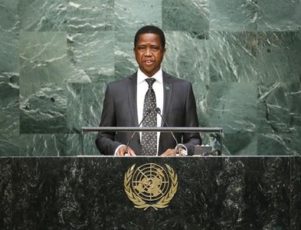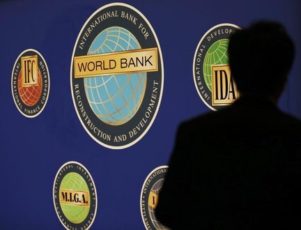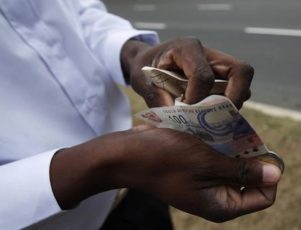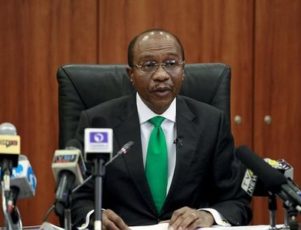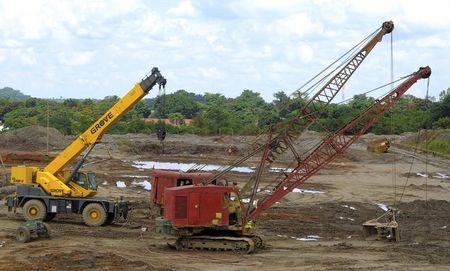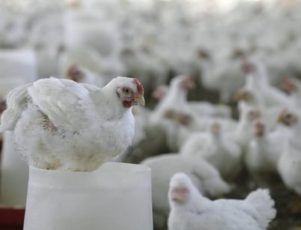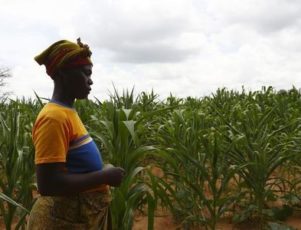ABUJA (Reuters) – Nigeria’s central bank surprisingly cut the benchmark interest rate to 11 percent from 13 percent on Tuesday, its first reduction in the cost of borrowing in more than six years, in an effort to stimulate growth in Africa’s biggest economy.
The bank also reduced the cash reserve ratio for commercial banks to 20 percent from 25 percent, another move to try to inject liquidity into the banking system and encourage lending.
The central bank has been injecting cash into the banking system since October in a bid to stave off recession in Africa’s top oil producer, which has been hit hard by the sharp fall in crude prices over the last year.
“We must stimulate growth,” Governor Godwin Emefiele said, adding that committee members had voted by a margin of eight to two in favour of the reduction.
He said the step was taken “in consideration of the weakening fundamentals of the economy, particularly the low output growth, rising unemployment and the uncertainty of the global economic environment”.
The move took many in the market by surprise. In a Reuters poll, 15 of 23 analysts had predicted the central bank would hold the monetary policy rate at 13 percent, while four expected a 100-basis point cut.
The bank also broadened its interest rate corridor to 200 basis points above the benchmark rate and 700 basis points below, which means it will borrow from commercial lenders at four percent and lend to them at 13 percent.
The regulator hopes the measures will provide an incentive to banks to lend to local manufacturers such as food producers – in line with President Muhammadu Buhari’s policy of boosting output of rice and other basic food items.
Nigeria’s benchmark 20-year bond yield fell 95 basis point between Monday and Tuesday as some traders had expected the central bank to lower rates.
Emefiele said fresh liquidity from the cash reserve rate cut would only go to banks that were ready to channel it into “employment generating activities” such as infrastructure projects, the agricultural and minerals sectors.
He rapped those banks which had used a cut in the cash reserve ration in September to invest in bonds rather than lend to households and businesses.
“Unfortunately what we have found out is that rather than banks redeploying that liquidity… what the banks do is just dump their money on CBN (the central bank) and earn 11 percent – and I use the words – for doing nothing,” Emefiele said.
Standard Chartered’s chief Africa economist Razia Khan said the easing of monetary policy was aimed at boosting the real economy but their success would also depend on the availability of foreign exchange.
The central bank has restricted access to foreign currency to stop a slide in the naira, effectively pegging it at 197 to the dollar. Emefiele said the restrictions, which importers say is crippling their operations, were working well.
“Nigeria has sacrificed free movement of capital in order to keep the NGN at 200 (per dollar) while cutting interest rates to help the budget,” Charles Robertson, head of research at Renaissance Capital.
“Unfortunately this will not produce budget revenue growth…It also reduces the return for owning naira, which will presumably encourage more purchasing of U.S. dollars instead,” he said.
(By Julia Payne and Camillus Eboh. Additional reporting by Lagos newsroom; Writing by Alexis Akwagyiram and Ulf Laessing; Editing by Ed Cropley and Richard Balmforth)
Read more

